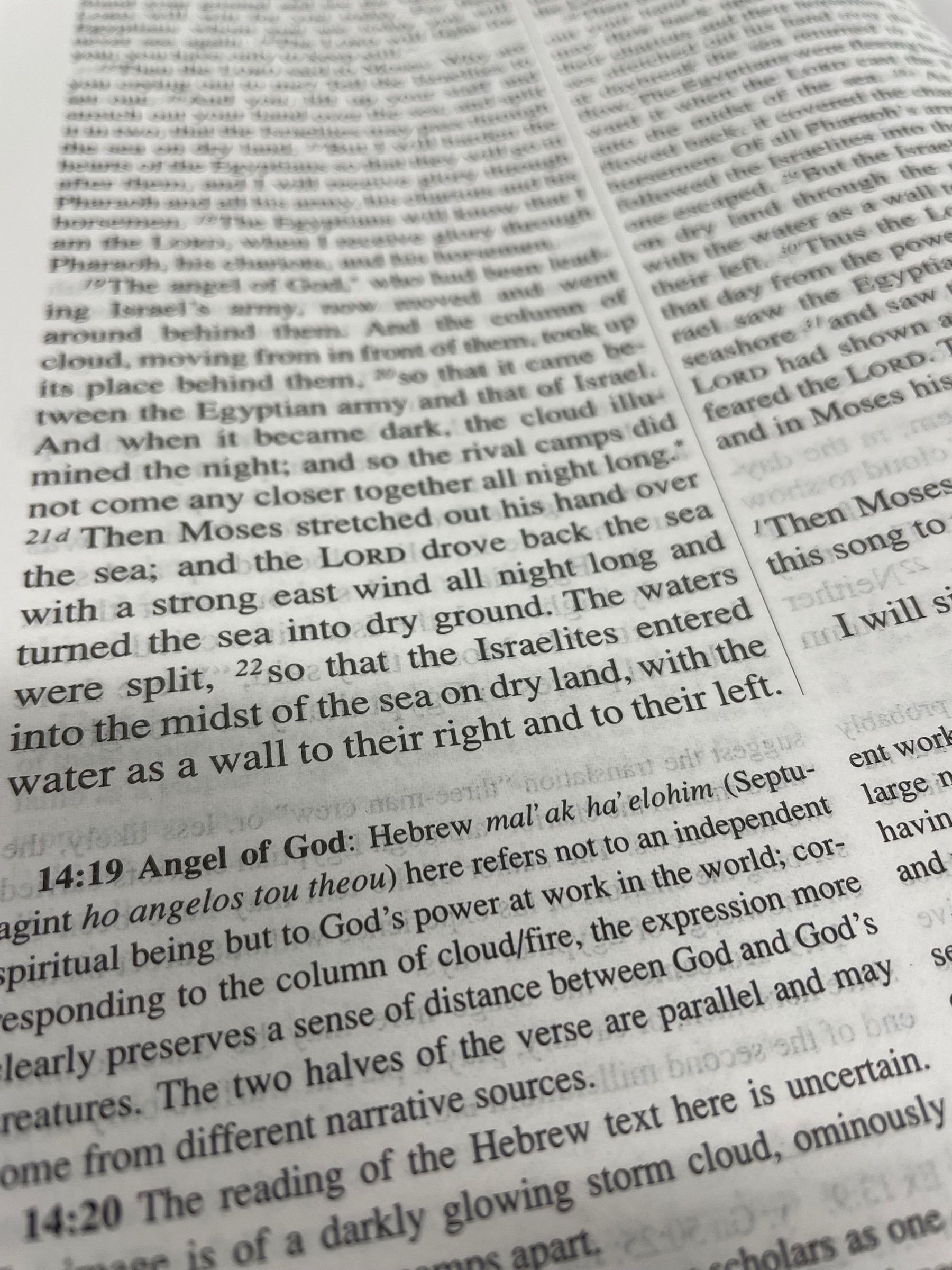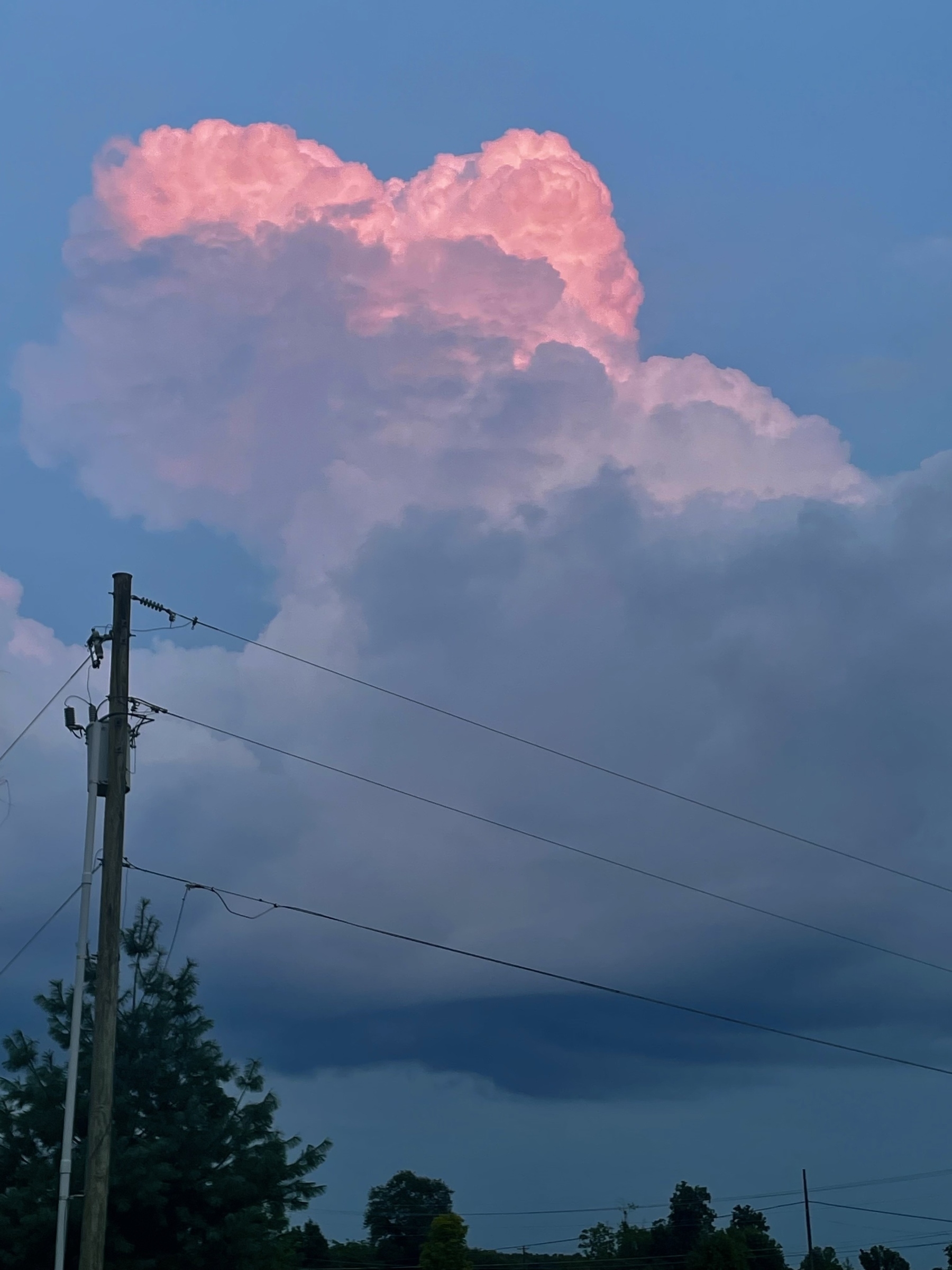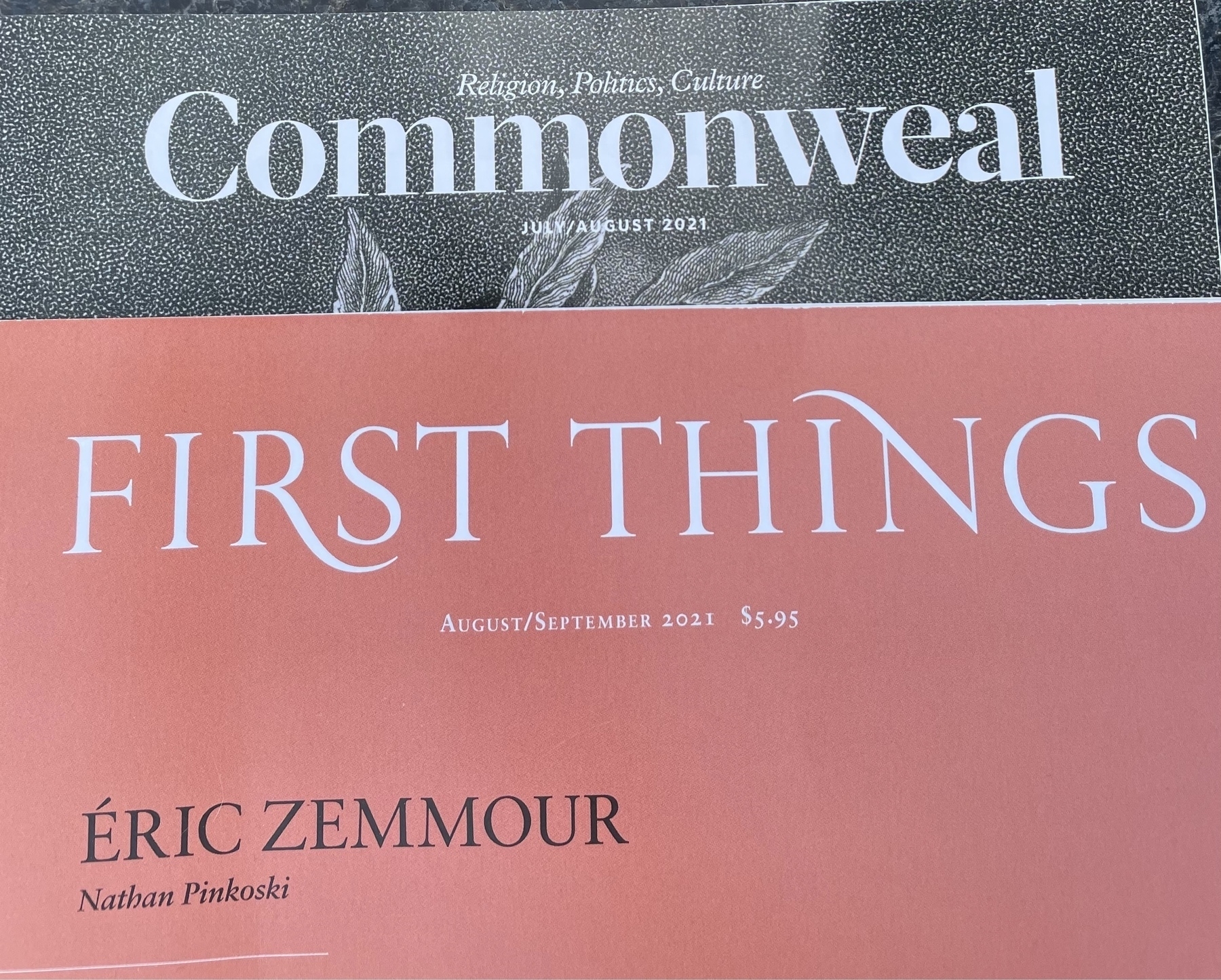Moths taking off at 6000fps, (h/t metafilter). Did you know moths were so fluffy? Now you do!
All of my radios are croaking! Recently the scanner had to go back to Uniden for a repair that luckily occurred with about three days left on the warranty. Yesterday I re-imaged the Zumspot, and when I went to test it out, I found my TH-D74A doing the flashing-Kenwood-logo behavior. According to Google, this is a sign that the charge controller needs replacement. I dropped an email to Kenwood and got a very quick on the repair process. This one will cost me as the unit is about a year out of warranty. In the meanwhile, I’m going to try to get this $16 DMR HT working with the hotspot.
This weekend we’re off to a retreat, and I’ve been working on getting my last two papers in for our most recent class on church history. I think they’re about ready to be submitted, and I’ll be checking to see which books for the next class - an introduction to scripture - will travel well. I never have as much free time as I expect on retreats, though. We’ll see. In any event, it’ll be nice to get away for a couple of days, and the topics look pretty interesting.
This is another formation weekend - the second part of a church history survey course. Reading assignments are set well in advance, and we've got questions to answer in the weeks leading up to the session. The assignments have largely been source documents of one kind or another, and wrestling with them has been an experience, to say the least. The first portion of the course was early history, which amounts to only about 1,000 years! This weekend will cover the late medieval period, through the Reformation, and into the modern era. Next month's session is on scripture, and the next stack of books is already ready to go.
Sprinkled throughout the marathon lecture sessions, we have time for prayer, Mass, and special sessions focused on specific formation topics. It is all a heck of a lot of fun and also thoroughly exhausting. I had my graduate school interview last week and was officially admitted, so it's all moving along for sure! I should probably buy a t-shirt or something.
My reading list is entirely related to classwork these days. I may be able to get through the latest wave of magazines at some point by Sunday night; we'll have to see.
I've been listening to the Christianity Today podcast The Rise and Fall of Mars Hill, and it has been great so far. I try to follow cultural-religious trends closely and really appreciate insider's look at the roots of the megachurch movement generally (and the demise of one in particular). So far, it's been equal parts fascinating and heartbreaking.
The garden is mostly done for the year, though you'd never guess by looking at it. It's so full, lush, and overgrown...with weeds. Only the hot peppers are still yielding heavily. I've dehydrated most of them so far but will probably start turning them into jelly next. I'm anxious for the garlic to arrive, but it looks like it hasn't shipped yet.
Last step in the formal graduate admissions process is the interview, which has now been scheduled. Almost there!
First formation weekend complete. A thousand years or so of church history in a weekend (not including several weeks of preparatory reading and writing). My head is full of stuff.
Fig tree is showing some fruit! It’s grown like crazy this year - easily over 7’ as of today. I expect most of it will die back in the winter but it really seems to like the location. This is a Brown Turkey Fig, btw. 🌱

Took a small break from studying to dip into Emergence Vol 1 and devoured Winds of Awe and Fear by Nick Hunt:
All my journeys into wild winds began with names. I saw them on a map of Europe made unfamiliar by arrowed lines—swooping north, south, east and west, down rivers, through mountain ranges, over seas and national borders—depicting the seasonal corridors of these great unseen forces that shape the continent and its cultures, often in unexpected ways. The names had a fairy-tale quality—the Bora, the Foehn, the Sirocco, the Helm, the Mistral, the Levanter, the Meltemi, the Kosava, the Lodos, and dozens more—which suggested invisible roads to follow, connecting regions that seemed quite separate in my mind. I wanted to see the effects they had on the landscapes, and the living things, over which they blew.
It's wonderful stuff. I started Fred Bahnson's On The Road with Thomas Merton last night too, but am going to try to stretch that one out a bit.
Beautiful mild afternoon with low humidity here. Chipotle chicken on the grill for tacos. Praise God from whom all blessings flow.
I am flexing some essay-writing muscles I haven’t had to use for 30+ years, and this as part of the admissions process. I still have the first reading assignments hovering before me.
We attended the first formal meeting last night in the diaconate formation program. It was great to meet the other men and their wives. Also got a chance to mingle with a class-in-progress and get some of their reflections and reactions. The next few years are going to be really, really interesting. Very excited.
Amazing bit of music here: Voodoo Child on a clavinet with a whammy bar. As described! (h/t Metafilter).
We’ve welded together Loki and Lovecraft Country over here. Don’t try to change our minds, it’s too late.
As usual, I overthought this completely.
curl https://micro.blog/micropub -d “h=entry” -d @yourblogpost.md -H “Authorization: Bearer BIGNUMBERHERE”
…does the trick, which is push yourblogpost.md to micro.blog. That will teach me to check the local docs first before ranging all over the Internet. I could conceivably use vim to write a post and then dump the buffer into a simple shellscript containing the curl bits above.
The folks here have made generating auth bearer tokens (BIGNUMBERHERE) a snap, so no need to dig through the Indieweb docs, hack up someone else’s xmlrpc code, or otherwise break a sweat.
For clarity - I’ve been happy with the iOS apps (micro.blog and sunlit), and tend to favor quill.pk3.io for posting. The console nerd in me loves a good old text-only interface.
Is anyone posting to micro.blog with a text editor or IDE-type tool? Before migrating, I used a markdown editor in vscode and pushed updates via git. I sometimes miss the all-cli experience and have been digging around for similar tools. Nothing is jumping out at me so far, though.
Re-reading: The Intellectual Life: Its Spirit, Conditions, Methods by A.G. Sertillanges, OP 📚








 📷
📷